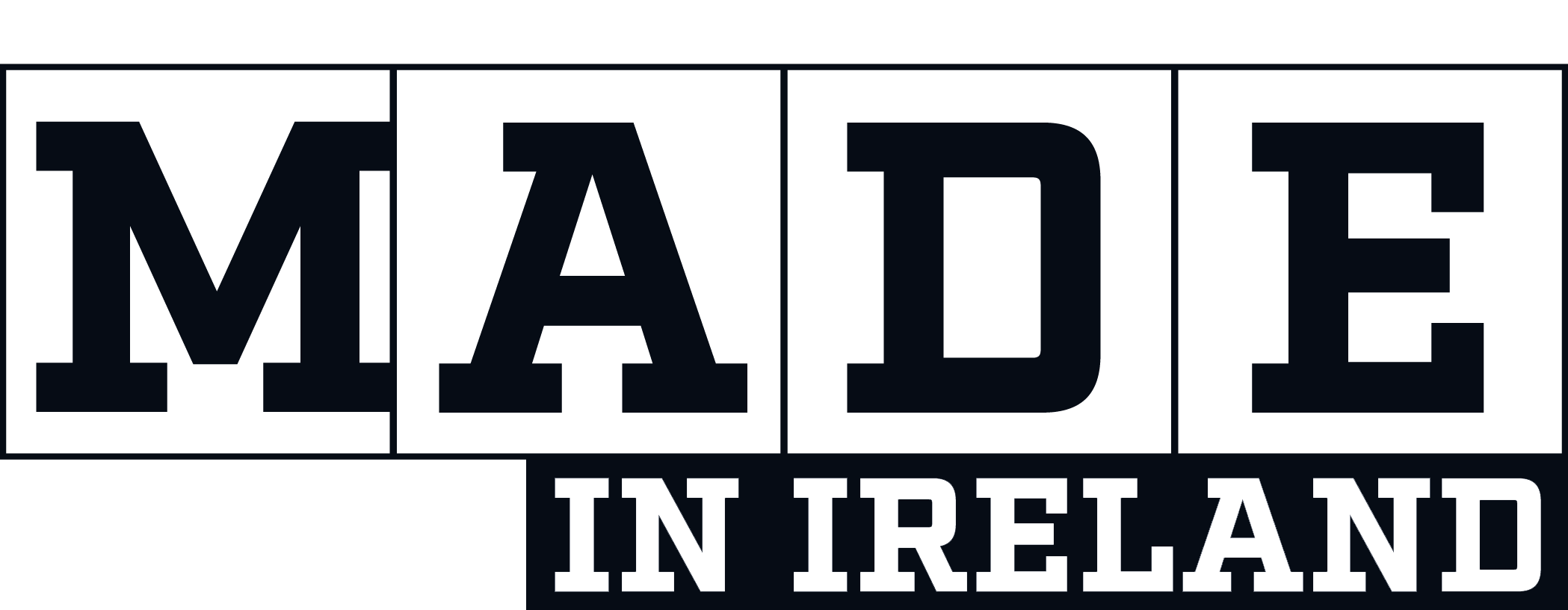Quigley’s Point on the Inishowen Peninsula in Co Donegal is home to the largest worm farm in Ireland and its certified organic worm cast compost, which is marketed under the Living Green brand, is sold B2B (business to business) across Ireland and the UK.
The driving force behind Living Green is Neil Crossan, a passionate believer in sustainability and innovation. Since setting up the company 12 years ago he has consistently pushed the boundaries to develop a portfolio of eco-friendly soil products, the latest of which, a peat-free compost, was launched last year. The other side of Living Green’s business is its range of consumer products including wheatgrass growing kits, fresh and frozen organic wheatgrass shots and frozen turmeric and beetroot shots.
“Innovation is at the heart of what we do, and we are the sole manufacturers of certified organic compost in Ireland,” says Crossan, who comes from a background in food technology and quality management with companies such as Kerry Foods and Wilde Seafoods. “For example, our compost materials utilise recycled and sustainable elements such as horse manure, spent mushroom compost, worm cast and composted materials. We have meticulously tested these materials through plant trials to determine the optimal combinations.
“We also use a forced air composting technique which reduces composting time while still producing the highest quality compost in Ireland,” Crossan adds. “Our closed system ensures minimal waste generation and even our heating system uses waste wood. By incorporating automation, solar panels and advanced worm husbandry techniques, Living Green is at the forefront of eco-conscious practices. As a result our products are top-end and stand out in their segment in terms of their quality, sustainability and for the level of innovation involved.”
Living Green employs six people, and Crossan says the business is fully committed to championing the circular economy. “This means minimising and repurposing waste so we use old worm boxes as fuel and feed bags for packaging which not only reduces the environmental impact but also contributes to cost savings and sustainability.
“From a business perspective we have chosen to go the route of premium, high-margin products because we believed this approach would provide the sort of financial strength a small business needs to thrive with reasonable profit margins and sustainable growth potential. When all the ongoing investment and earnings that have been ploughed back into the business over the last 12 years are added up there wouldn’t be much change out of around €600,000.”
Living Green’s main market is B2B in Ireland with a small amount of business in the UK. “At this point we have become a trusted supplier within our industry, and now serve the needs of various businesses from agricultural enterprises to garden centres, community groups and hobby gardeners,” Crossan says. “We regularly attend relevant trade shows in Ireland and the UK such as Bloom, the Organic Growers of Ireland Conference and the National Ploughing Championships, and we take a proactive approach to sales by reaching out directly to customers in the niche sectors we have identified.
“We are also looking at the Middle East as there is immense potential in that market for sustainable and eco-friendly products, particularly organic fertilisers,” says Crossan. “Gulf Cooperation Council countries are witnessing a significant surge in the demand for organic fertilisers, driven by an anticipated CAGR growth rate (compound annual growth rate) of 13.5 per cent between 2023 and 2028. In the light of these promising market indicators Living Green has undertaken a feasibility study, supported by LEO Donegal, to delve deeper into the Middle East market’s potential.
“The study will focus specifically on the UAE and Saudi Arabia, which between them have a combined population of 46 million people and we will use the study to thoroughly evaluate the market and devise an effective entry strategy for our premium organic worm cast fertiliser product.”










